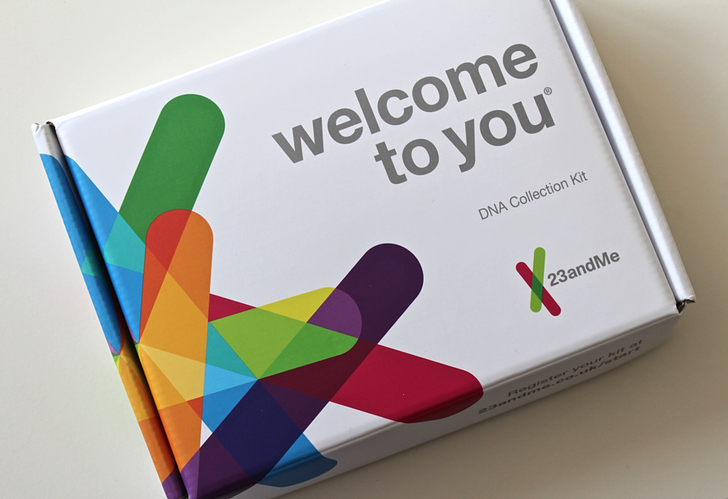At The New Inquiry, Simone Browne, Heather Dewey-Hagborg, and Joerg Blumtritt examine a budding countercultural tendency that they term “biopunk.” Like cyberpunk before it, biopunk takes a new technology—in this case, sophisticated DNA mapping available to everyday consumers—and employs it in a way that flouts or subverts its original intention. So instead of using this technology to locate ancestors or establish a fixed ethnic heritage, biopunk uses it to question the supposed scientific basis of race, ethnicity, and gender. As the authors write, “Biopunk is a way to subvert biopolitics—to take the seemingly bio-determined future into our own hands and shape it according to our rules.”
In the following excerpt from the piece, Simone Browne explores how DNA databases could, in the not-to-distant future, be used to restrict access to certain areas of the internet:
I’m still troubled by my contribution to 23andme and other similar databases. In July 2015, an app was posted to GitHub that was said to use genetic data culled from 23andMe to potentially limit a user’s access to particular segments of the Internet. The app, called Genetic Access Control, proposed to make use of the then “open” nature of 23andMe’s application programming interface (API) to generate a third-party authentication application. The app would use genetic verification to restrict access to certain websites “based on traits including sex, ancestry, disease susceptibility [sic]”. Or, as the app developer put it in a list of possible uses, the app could work to create “safe spaces online where frequently attacked and trolled victim groups can congregate, such as a female-only community” and “groups defined by ethnic background, e.g. Black Panthers or NAACP members.”
I’m still not sure whether or not Genetic Access Control is stunt coding as a form of creative critique. Although Genetic Access Control’s anonymous developer noted on GitHub that “traits such as ancestry composition are speculative and statistical in nature, not precise,” this application—as a form of bio-hacking—reveals fault lines that become apparent when genetic technologies make use of DNA to reveal certain “truths” about the human body and the limits of making such sensitive data available to any interested parties.
Image via helenpockett.com.
